KARACHI: Speakers remembered founder and executive director of the Pakistan Institute of Labour Research and Education (Piler), Karamat Ali, in so many words with reverence and more by friends, colleagues and workers, at a reference organised by the Arts Council of Pakistan here on Tuesday in a hall packed to capacity.
The late labour leader was also a rights activist, sociologist, visionary and revolutionary torchbearer of labour class.
Speaking on the occasion, economist Kaiser Bengali said Karamat Ali was many things for many people. “He was a revolutionary, a sociologist and a Marxist who had read Karl Marx, Lenin and Mao Zedong. Before May 1, 1982, when Piler was founded, his small home in Tariq Road had two rooms, one his bedroom and the other was full of bookshelves that had literature by and about Marx, Lenin and Mao. Back in those days, Piler was a dream for him, which he carried around in his briefcase,” he said.
“When he was getting the funding to establish Piler, the people from the organisation who had brought the cheques said that they had an issue with the communist leaders he idolised, and instead of agreeing with them in order to take the money from them, he simply asked them to take their money back. He was honest and unwilling to part with his beliefs and principles,” he said.
Nasir Mansoor of the National Trade Union Federation spoke about Karamat Ali’s fighting spirit. “Both of us worked to get the affectees of the Baldia Factory fire their right but the issue was being politicised although we said that it was actually a health and safety issue of factory workers. We fought cases in Germany, which started a new debate and introduced new labour laws in that country as big brands were forced to give $6.1 million to the victims’ families. An International Labour Organisation convention resulted in a new policy that the same kind of money will be paid if such a case happened again anywhere in the world,” he said.
Dr Syed Jaffar Ahmed said that he was a part of the working class who worked for the working class all his life. “He worked to educate and make the labour class aware. He worked to organise trade unions and carried out meaningful labour-related research,” he said, adding that he wrote a book on the history of Piler to understand that “Piler was Karamat and Karamat was Piler. The two were one and the same.”
Husna Khatoon, a worker at the Baldia Factory, said she would always remain indebted to Karamat Sahab for the kindness and respect that extended to them. “He was a labourer at heart, he was one of us,” she said.
Aquila Naz from Punjab said she found him lending all out support for their peasant movement. “He even made our work for peasants known internationally,” she said.
Arts Council of Pakistan president Ahmed Shah remembered Karamat as a human being who was also a romantic at heart, who wrote poetry and danced as well. “But he never let his romantic side overshadow his revolutionary side. He also had the power of convincing and boldness, patience and tact to sit on the same table for dialogue with the worst of adversaries,” he said.
Observing the large attendance, senior journalist and analyst Mazhar Abbas said that so many people attending Karamat Sahab’s reference showed that his mission was a success. “The labour movement in the country is scattered, which Karamat Sahab wanted to change. Next time, hold one single event on International Labour Day to raise a unified voice against daily wages, the third party contractual system, etc., and you will make his efforts even more successful,” he said.
Classical dancer and social activist Sheema Kermani paid rich tributes to the late labour leader by lauding his tireless efforts to help and uplift the downtrodden in society.
Later, she also performed a beautiful rendition of Mirza Ghalib’s poetry. She said that coming from an English medium schooling background, she had started understanding and appreciating Ghalib after her talks with Karamat Sahab.
Piler’s joint director and Karamat Sahab’s nephew Abbas Haider, rights activists Qamarul Hasan, Salam Dharejo and Hoorun Nissa Palijo were also among the speakers.
Published in Dawn, July 3rd, 2024

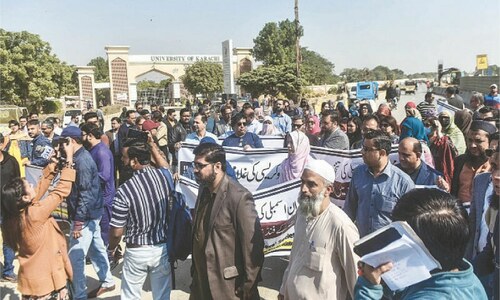











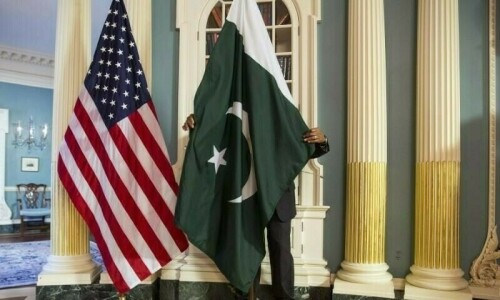




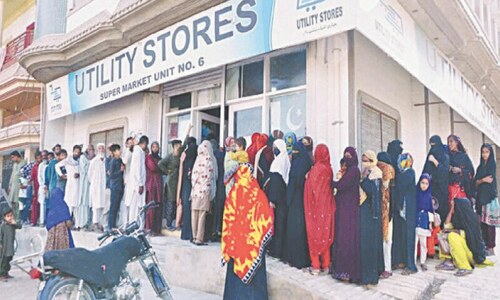



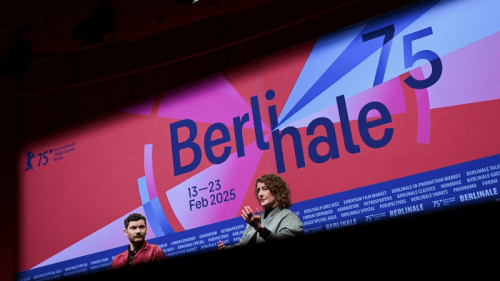








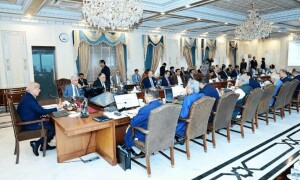
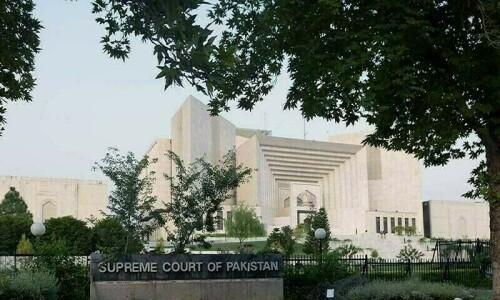
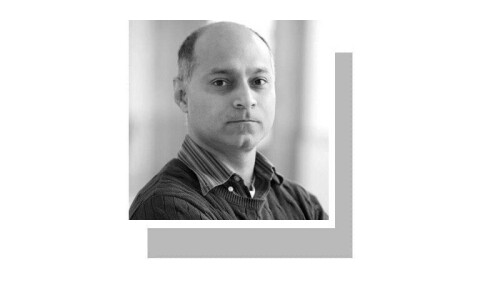
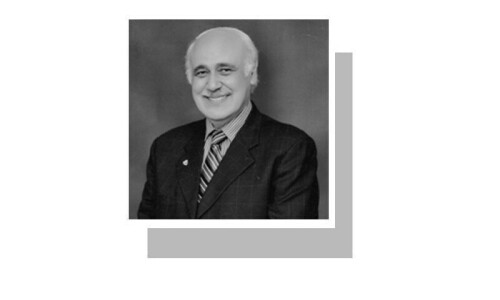

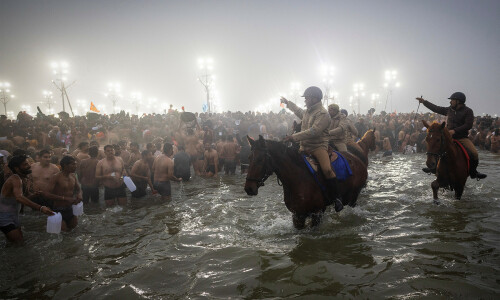

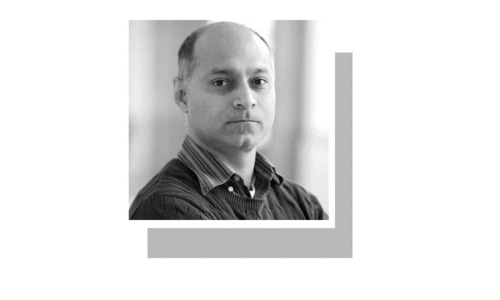
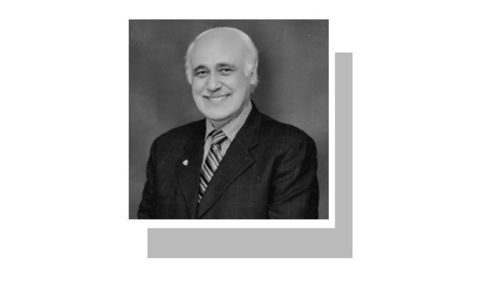
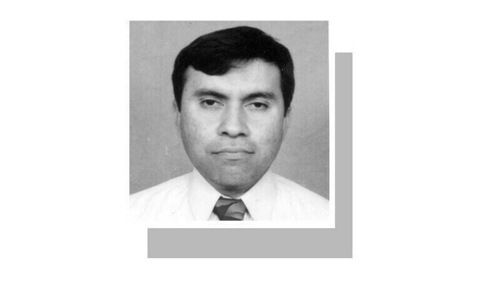

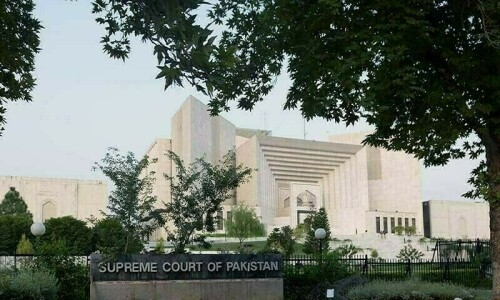




Dear visitor, the comments section is undergoing an overhaul and will return soon.